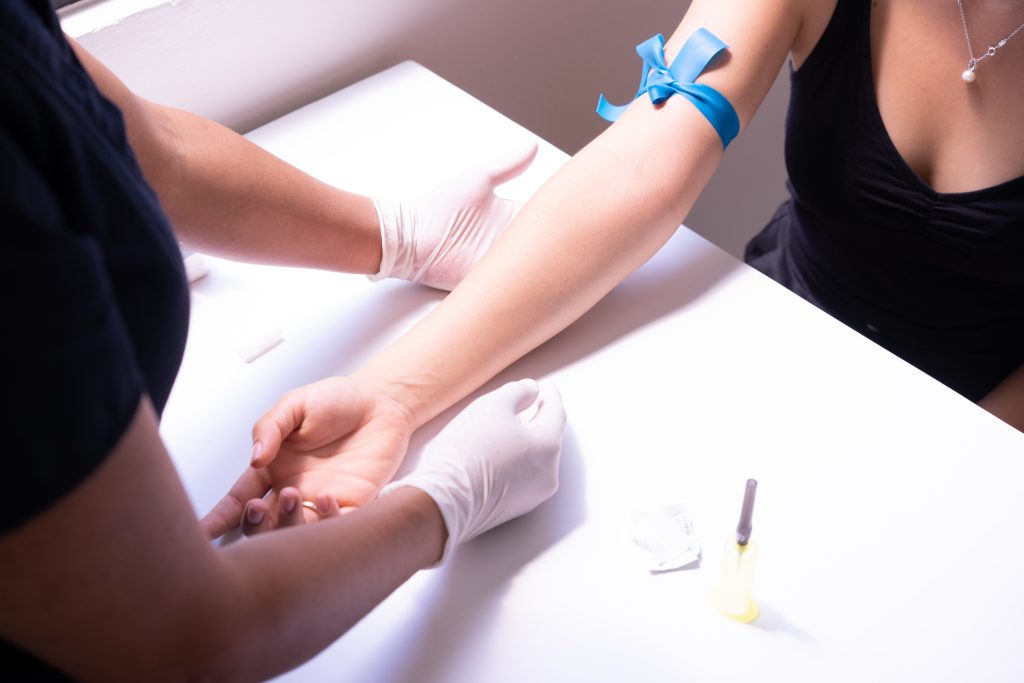As Index writes, the president of the Hepatos association, Aleksandra Marković pointed out that in this way, the association, in cooperation with the Teaching Institute for Public Health of the Primorje-Gorski Kotar County, the Internal Medicine Clinic of KBC Rijeka and other partners, joined the Month of the Fight Against Addiction and the World HIV/AIDS Day.
The test aims to enable the broadest possible range of people to determine whether they have hepatitis B, C viruses, or HIV. Since 2013, when the European Testing Week was first organised, more than 500 organisations from fifty countries have participated.
In Rijeka, testing without a doctor’s referral will be possible on two days, November 24 and December 1, from 1 to 3 p.m. at the association’s premises in Blaža Polića Street. The interested inmates will be tested in Rijeka prison, and field tests will be organised in Mali Lošinj. Testing will also be possible in the LORI association in Rijeka.
As Marković stated, half of the people who find out they have HIV are diagnosed late. It is estimated that there are 13 million people in Europe with hepatitis B or C; most of them are unaware of it and treatment often starts too late.
The problem is that many infected people do not know they are infected and spread the disease.
Davor Štimac, head of the Clinic for Internal Medicine at KBC Rijeka, pointed out that the treatment of hepatitis has changed significantly in recent years. Hepatitis C is effectively treated with drugs that patients tolerate well, and timely treatment is almost 100 percent successful.
The problem is that many infected people do not know they are sick and do not seek treatment, spreading the disease to others, he said. “In the last few years, we have been treating 20 to 30 patients with hepatitis at the Rijeka Hospital, and our capacity is significantly higher,” Štimac pointed out.
The risk groups for hepatitis include intravenous drug addicts, people who have patients with this disease in the family, those who engage in risky sexual relations, people prone to promiscuity, but also those who received blood transfusions before the 1990s when blood was not tested for viruses, as well as persons who performed dental procedures in insufficiently sterilized circumstances.
For more, make sure to check out our dedicated Lifestyle section.









